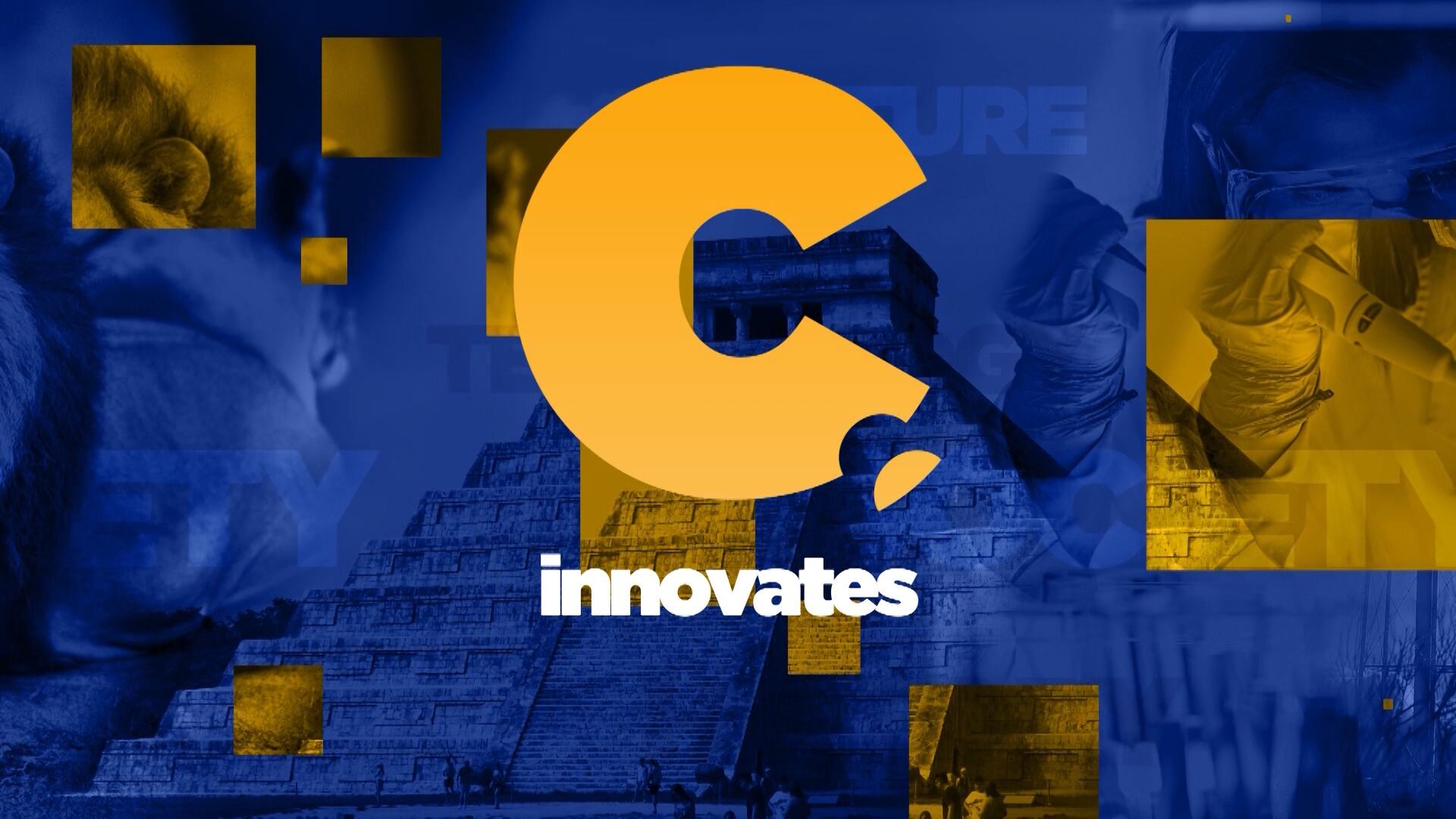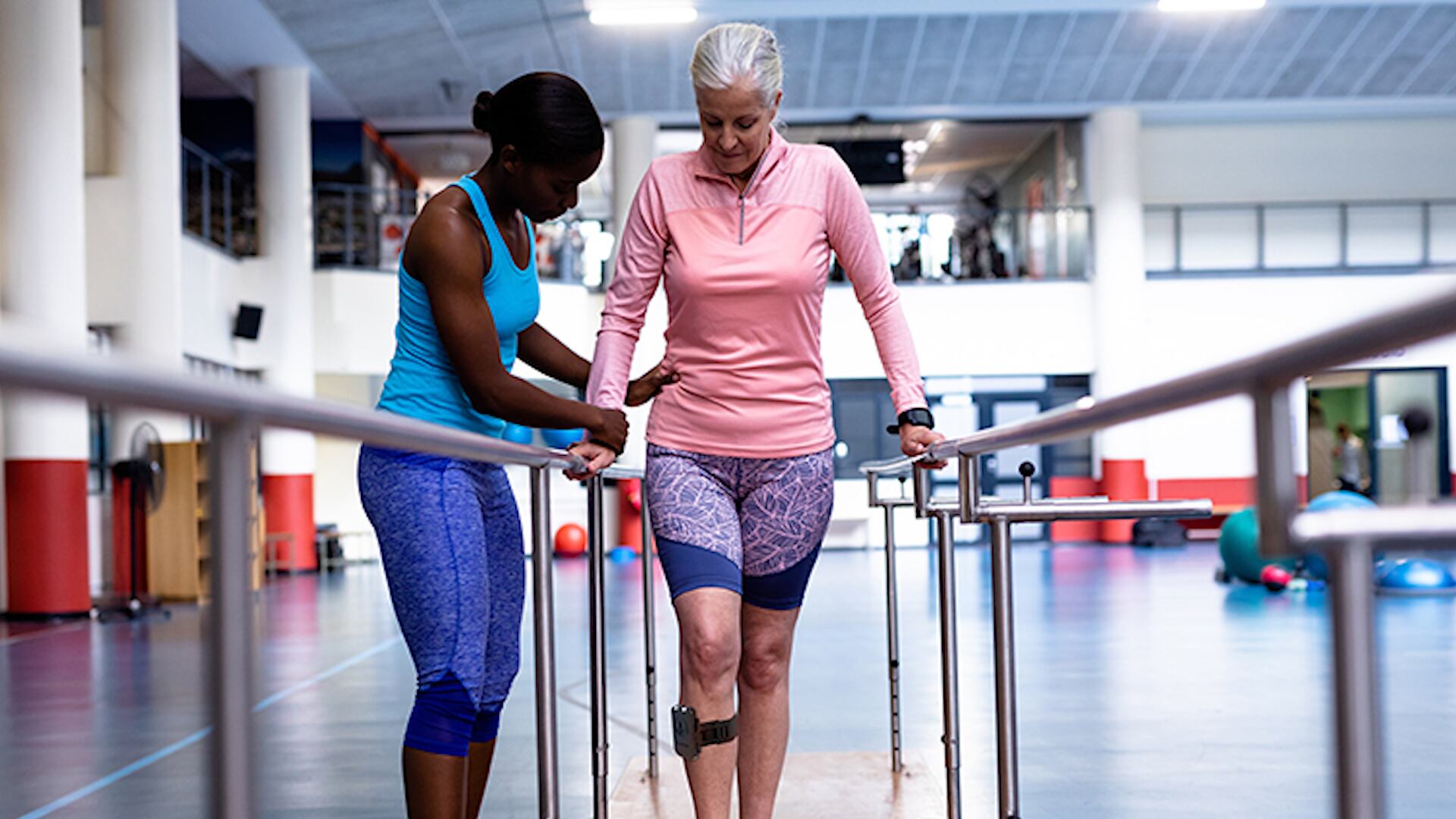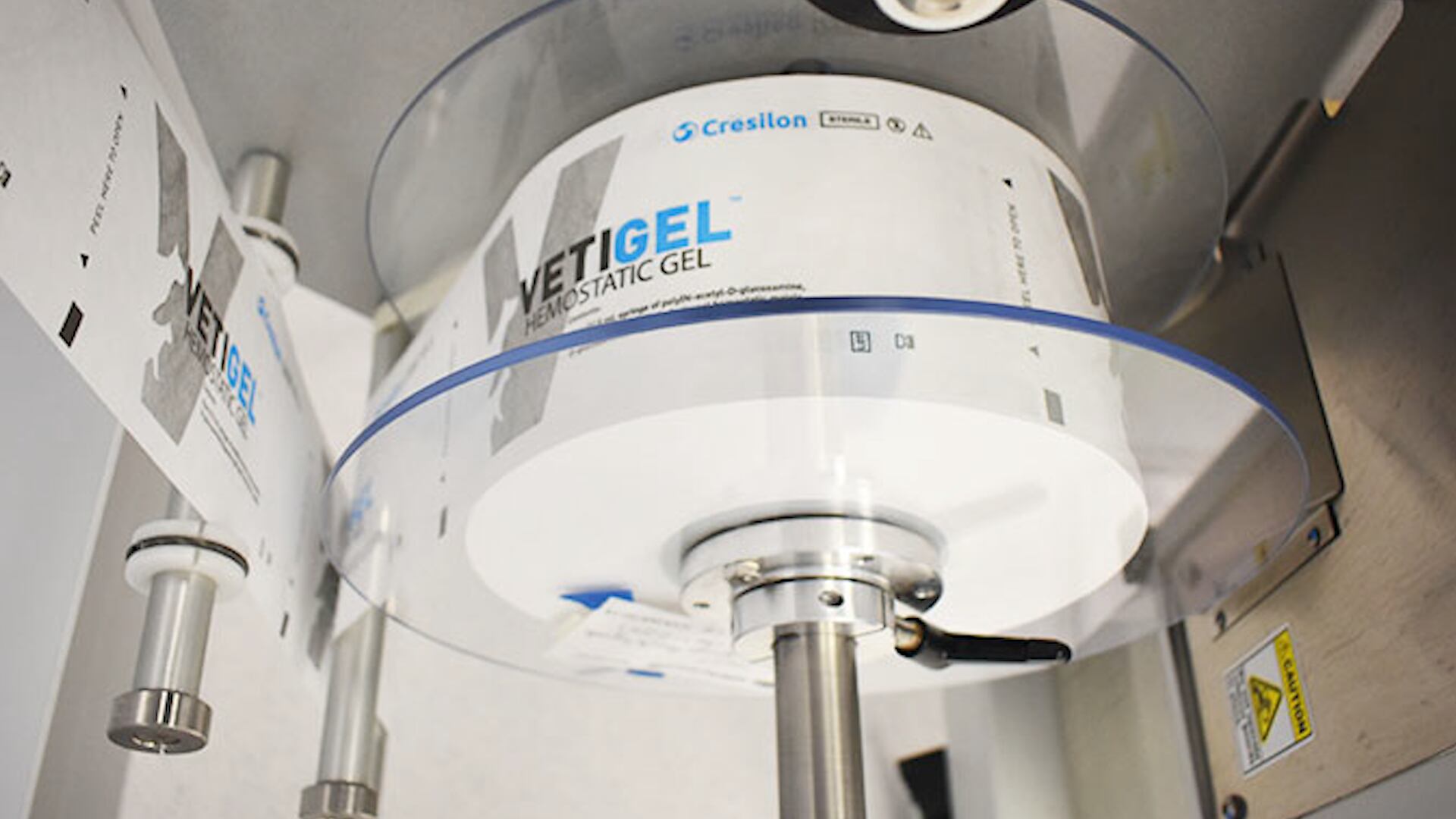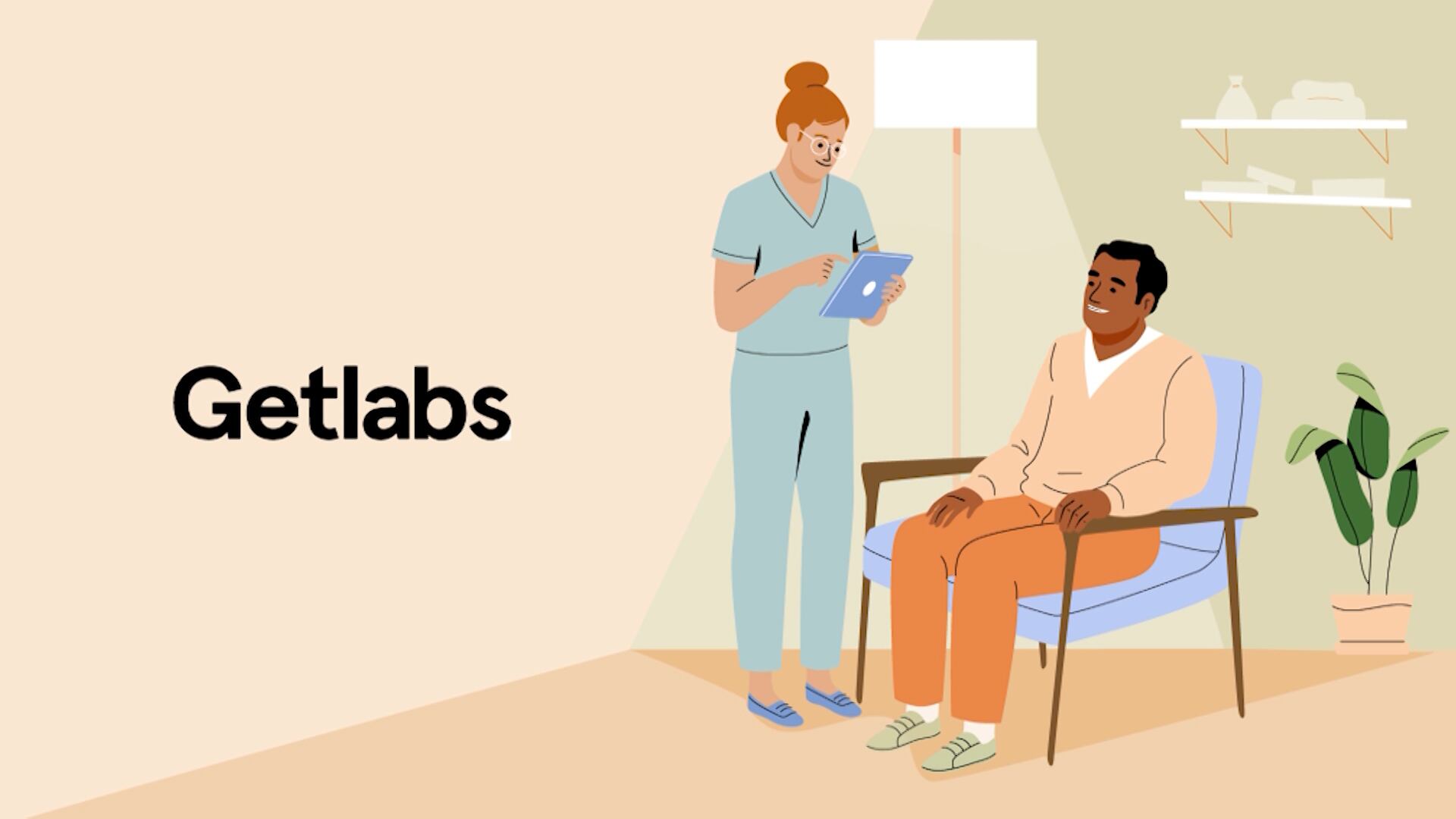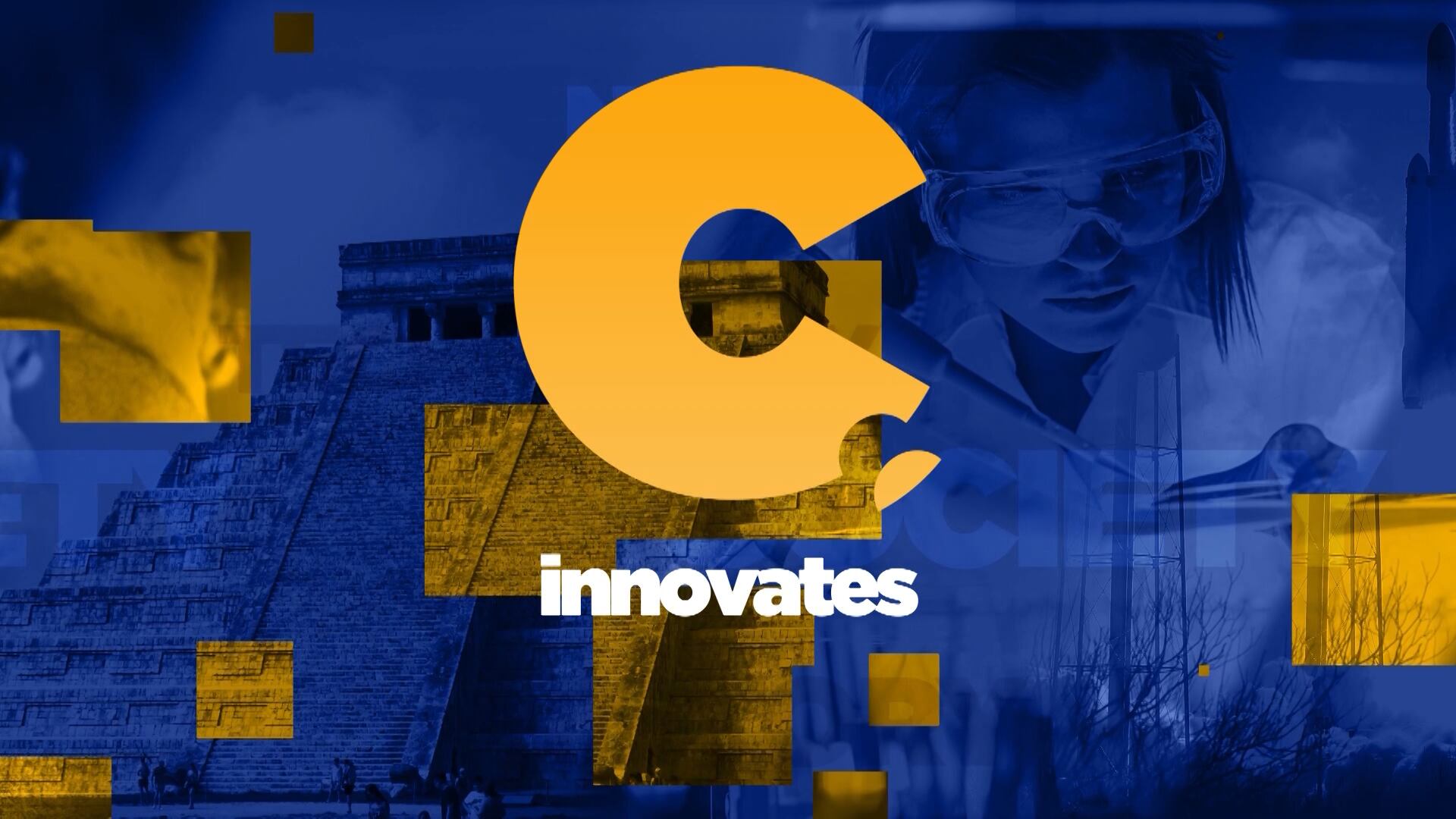Food and Drug Administration regulators on Tuesday approved a first-of-a-kind drug for a rare form of Lou Gehrig’s disease, though they are requiring further research to confirm it truly helps patients.
The FDA approved Biogen's injectable drug for patients with a rare genetic mutation that's estimated to affect less than 500 people in the U.S. It's the first drug for an inherited form of ALS, or amyotrophic lateral sclerosis, a deadly disease that destroys nerve cells needed for basic functions like walking, talking and swallowing.
Approval came via FDA’s accelerated pathway, which allows drugs to launch based on promising early results, before they’re confirmed to benefit patients. That shortcut has come under increasing scrutiny from government watchdogs and congressional investigators.
The FDA is requiring Biogen to continue studying the drug in a trial of people who carry the genetic mutation but do not yet have ALS symptoms.
ALS patients hope the decision could lay the groundwork for more expedited approvals to fight the disease, which affects 16,000 to 32,000 people in the U.S. The FDA has long used accelerated approval to speed the availability of drugs for cancer and other deadly conditions.
The drug, tofersen, is designed to block the genetic messengers that produce a toxic form of protein that is thought to drive the disease in about 2% of ALS patients. Cambridge, Massachusetts-based Biogen will sell it under the brand name Qalsody. Patients receive three initial spinal injections of the drug over a two-week period, followed by a monthly dose. The most common side effects linked to the drug were pain, fatigue and increased spinal fluid.
Biogen’s 100-person study failed to show that the drug significantly slowed the disease compared with a dummy treatment. Patients were tracked for more than six months using a scale that measures the decline of basic movements, including writing, walking and climbing stairs.
But those who received tofersen showed significant changes in levels of the toxic protein and a second neurological chemical that is considered a key indicator of the disease's progression.
“The findings are reasonably likely to predict a clinical benefit in patients,” the FDA said in a statement announcing the approval.
Last month an outside panel of FDA advisers voted unanimously that those changes warranted granting conditional approval while more data is gathered to confirm the drug's benefit. The same panel said Biogen’s current data, including the failed patient study, wasn’t strong enough to warrant full approval.
FDA regulators have the authority to pull accelerated approval from drugs that fail to live up to their expected promise, though until recently, they rarely used that power. In recent years, the FDA has stepped up efforts to force unproven drugs off the market, amid criticism that too many expensive, ineffective medications remain available for years.
At the same time, the FDA has shown increased “regulatory flexibility” in approving drugs for rare and debilitating neurological diseases, including Alzheimer’s and ALS.
In September, the FDA granted full approval to another ALS drug based on one small, mid-stage study in which patients appeared to progress more slowly and survive several months longer. Normally, the FDA requires two large studies or one study suggesting a “very persuasive” improvement in survival.
Some insurers have limited access to the new drug, Relyvrio, citing its uncertain benefit and $158,000-per-year cost.
Biogen did not announce a price for its drug Tuesday but said it will be “comparable to other recently launched ALS treatments."
The ALS Association and other patient groups hailed the approval.
“This is the second time in less than a year our community gets to celebrate the approval of a new drug to treat ALS and we have great hope for the future," said Calaneet Balas, the group's president and CEO.
Since last year's approval of Relyvrio, ALS patients and advocates have continued to press the FDA to consider more treatments for the disease. That includes an experimental stem cell treatment from tiny drugmaker Brainstorm Cell Therapeutics.
In a rare move, the FDA recently agreed to hold a public meeting on the treatment, despite previously refusing to consider the company’s application, citing failed results from its principal study.
The FDA has now approved four medications for ALS, only one of which has been shown to extend life. The disease gradually destroys nerve connections needed for basic movements and — eventually — breathing. There is no cure and most people die within three to five years of diagnosis.

